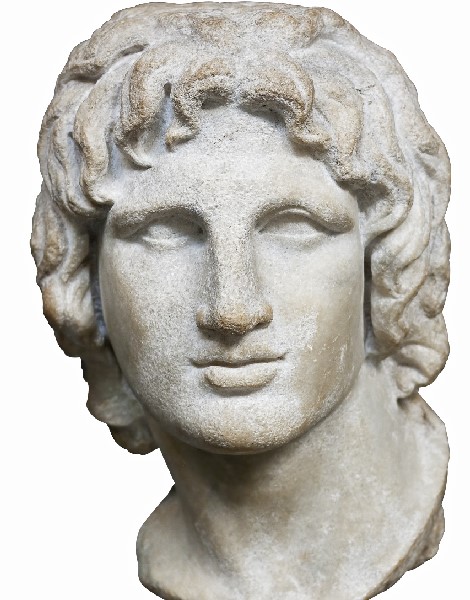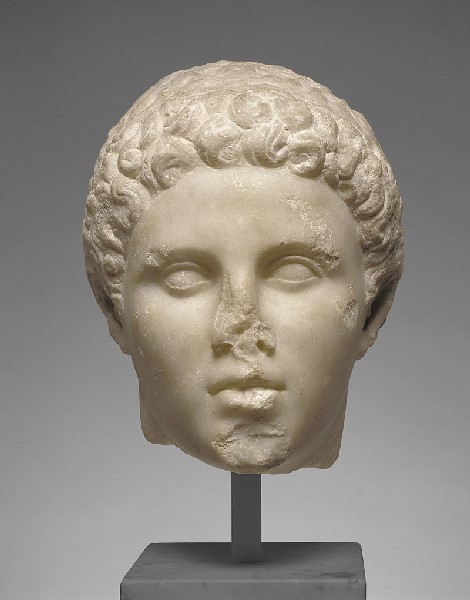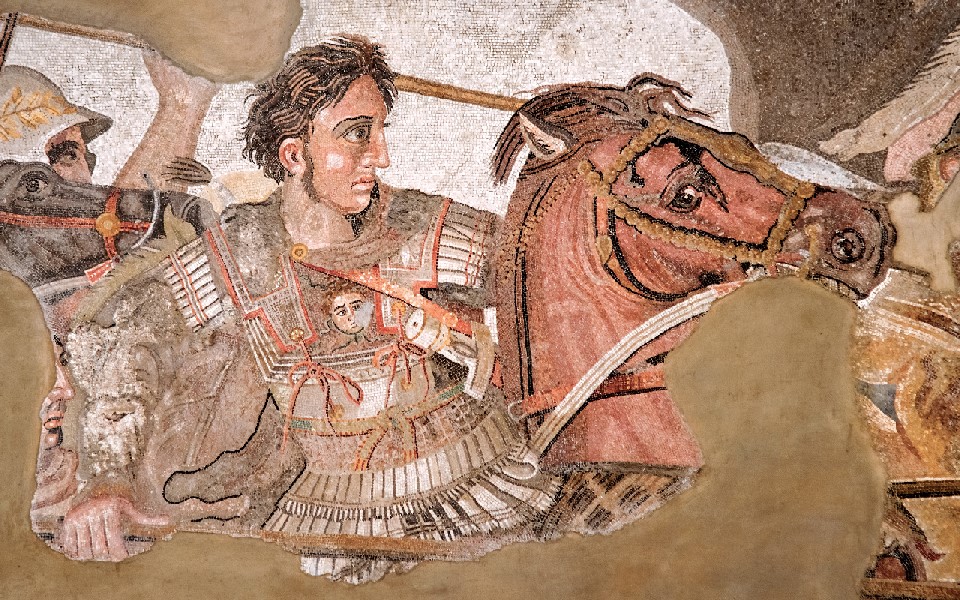Alexander III of Macedon (356-323 BC), more famously known as Alexander the Great, is a figure whose life and exploits have captivated historians and scholars for centuries. While much attention has been devoted to his military campaigns in Asia and his political achievements, Alexander’s personal life, including his sexuality, remains a contentious subject of debate and speculation.
Following the release of Netflix’s new six-part docudrama series, “Alexander: Making of a God,” starring award-winning English actor Buck Braithwaite in the title role, social media sites have been ablaze with comments accusing the US-based entertainment company of fabricating a same-sex relationship between the Macedonian king and his close friend and bodyguard, Hephaestion (c. 356-324 BC).
Posts on social media suggesting that the show’s storyline is baseless include a post on Facebook that says, “Netflix has come under fire for ‘turning’ Alexander the Great gay,” and a viral post on social media platform X from an account called @EndWokeness that says, “Netflix made a new documentary about Alexander the Great. Within the first 8 minutes, they turned him gay.”

© InTime News
“Low quality fiction”
The series has stirred controversy in Greece, prompting Culture Minister Lina Mendoni to call it “fiction of extremely poor quality, lowly content, and full of historical inaccuracies.”
Speaking to the Greek parliament last Wednesday, the Minister responded to a question by the leader of the religious nationalist party “Niki,” Dimitirs Natsios, who asked whether the government plans to take measures against the production: “the Culture Ministry does not censor … freedom of art has been legislated in the Greek constitution since 1825, and none of its revisions target freedom of expression.”
“All elements of Alexander the Great’s personality are not highlighted in the Netflix series, which does not serve historical truth,” the minister continued, but added: “However, you will know that the concept of love in antiquity is broad and multi-dimensional.”
The discussion took place as legislation on same-sex marriage was debated in parliament, which was legally passed on February 16.

© Shutterstock

© Public domain
Fluid sexuality
Much of the furor over the new Netflix series, which comes on the heels of an equally divisive production about Queen Cleopatra VII, misses the context that sexual fluidity was very much the norm in ancient Greece. Historians broadly agree that today’s labels regarding sexuality did not exist at the time, and that Alexander had relationships with men as well as women.
Netflix has acknowledged that the documentary, which includes dramatizations, “speculates on intimate details of Alexander’s private life,” but historians – both involved in the production and unaffiliated with it – told Reuters sexuality was fluid in ancient Greece and it is very likely Alexander had relationships with men.
Paul Cartledge, a veteran historian and academic specialized in ancient Greece who was not involved in the production, said via email that definitions such as “bisexual” and “homosexual” are a modern phenomenon. The Cambridge University-based historian added that it would be more accurate to define Alexander by standards of the time, where a “normal” Greek man had sexual encounters with both men and women.
Jeanne Reames is a historian and Director of the Ancient Mediterranean Studies program at the University of Nebraska Omaha who has written extensively about Alexander the Great and was a consultant on the Netflix show. She told Reuters that power was a more defining feature than gender in ancient Greek sexual relationships. In her words, “It’s not who you do, it’s what you do.”
“One person was always the social superior. For the Greeks, this was understood to be a free, adult citizen male. As long as he was the ‘superior’ and had the ‘active’ (penetrating) role, he could have any partners he wanted, of either sex,” she said.
Professor of Humanities at Pepperdine University Philip Freeman, who was not involved with the series but has written a biography of the ruler, said in an email, “In the ancient Greek world – and especially in Macedonia – such same-sex relationships were so normal they wouldn’t have seemed odd to anyone.”
According to Freeman, it seems very likely that Alexander had relationships with men as well as women, especially with Hephaestion, his closest friend and a general in his army.
Alexander’s relationships
Reames has explored Alexander’s relationship with Hephaestion in depth, saying that “it’s very possible, even likely,” that he and his general had been lovers.
In a paper published in the Ancient History Bulletin in 1999 exploring the nature of the two men’s relationship, Reames says that, despite having had three wives, “Alexander seems to have comfortably pursued either sex.”
The analysis explores different historical episodes that could be considered evidence of their closeness. Examples include a suggestive reference by philosopher Diogenes (c. 412/404-323 BC) to Alexander “being ruled by Hephaestion’s thighs,” and the deep grief Alexander showed after Hephaestion’s death.
Reames said that even if their relationship stopped being sexual as the two grew older, “that wouldn’t affect the love they had for each other.”
Another piece of possible evidence is a text by Athenaeus (c. AD 200). “It says, in plain Greek, that Alexander had a fondness for male partners,” Reames said.
With information from ekathimerini.com and ekathimerini.com.












